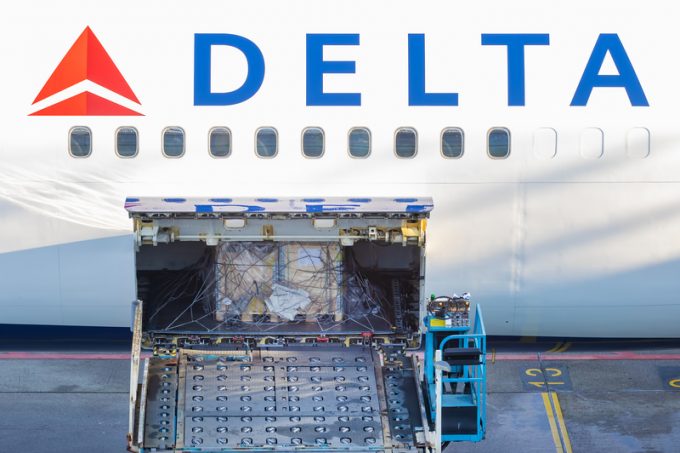South America will benefit as air cargo traffic diverts from the transpacific
South America is set to be a main attraction amid capacity cuts on the transpacific, ...

Delta Airlines last year achieved the unenviable distinction of being one of the very few major carriers to see cargo revenues plummet – despite a global average rise in air freight rates of a whopping 75%.
Period Q1 2020 Q2 ...

Comment on this article
masao suzuki
May 01, 2021 at 2:46 amMax utilization of cargo space is a key for more revenue. Detroit Nagoya should have more to be utilized. For example, cabin loading shall be an opportunity, however, there would be some problems such as aircraft time and additional cargo loading service contract. Once DLA NGO can resolve these problems, cabin loading shall be valid option to proceed. DLA is having good resources available, who are inherited from Northwest Cargo. Obviously they did cabin loading for 707 in 1970s as payload is restricted for HNDANC. What they accomplished was to load “wig boxes” on seats to clear the weight restriction. Nowadays, KLM Cargo has developed new netting covered cargo on seats, which should reduce manpower and ground time for on time operation. It is true that we are in a race against time with best revenue.